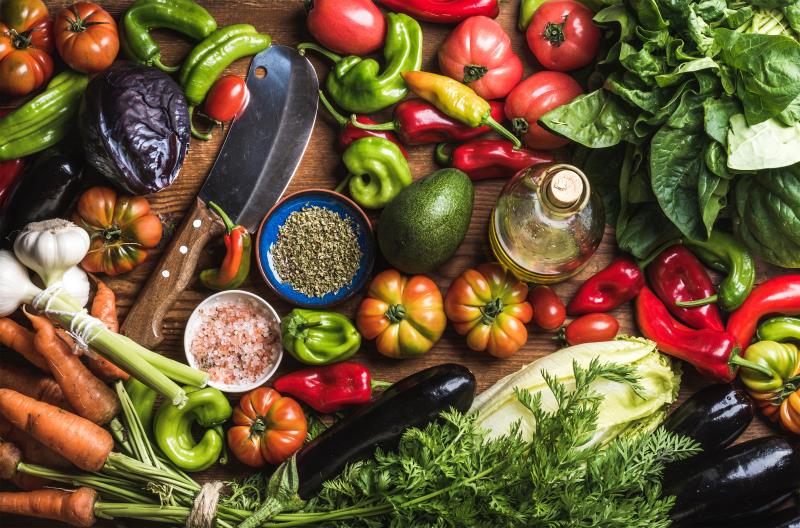Diabetes-related nutrition knowledge does not improve dietary adherence in T2DM patients





Diabetes-related nutrition knowledge (DRNK) is not associated with adherence to dietary guidelines in patients with type 2 diabetes mellitus (T2DM), according to a Singapore study, noting multiple mediating factors when translating DRNK to practice.
“Though DRNK is fundamental to individuals with T2DM, dietary counselling for patients with T2DM goes beyond a one-off nutrition education session,” the researchers noted. “It is important to enforce follow-up dietitian sessions to explore facilitators and barriers towards translating DRNK into practice.”
The study recruited 42 participants from a tertiary hospital. The researchers ascertained DRNK and diet quality using the DRNK questionnaire and Alternate Healthy Eating Index 2010, respectively. They also audio recorded, transcribed, and analysed 21 semi-structured interviews of perceived barriers and enablers to adherence to dietary guidelines.
Mean percentage DRNK score and diet quality were poor at 39.7±17.7 percent and 54.2±9.4 percent, respectively. In Pearson’s correlation tests, DRNK did not correlate with diet quality (r, –0.29; p=0.065) but showed a moderate association with psychosocial self-efficacy (r, 0.41; p=0.008). [Proc Singapore Healthc 2020;29:81-90]
Furthermore, six barriers (ie, obesogenic environment, lack of time, conflict between advice and personal values, stress from external sources, lack of personal motivation, and gaps in DRNK) and four enablers (ie, personal motivation to improve condition, fear of T2DM complications, sufficient DRNK, and presence of social support) to adherence to dietary guidelines were found in thematic analysis.
“Our cohort had a lower mean DRNK as compared with a recent similar study that found mean DRNK to be 59.2±16.4 percent,” the researchers said. “This could be due to a higher proportion of lower socioeconomic class participants in our study (48 percent vs 31 percent), as socioeconomic status has an impact on nutrition knowledge.” [Br J Nutr 2015;114:439-447; Appetite 2010;55:177-189]
On the other hand, the moderate positive association between DRNK and self-efficacy in the current study was consistent with a study in India (r, 0.317; p<0.001). [Prim Care Diabetes 2013;7:111-118]
The fair scores on diet quality in the current study was also similar to other studies reporting scores that ranged from 40.2 to 58.8, with poor intake of whole grains, dairy, fruits, and vegetables. Of note, these foods are promoted in Singapore through public diabetes-related health messages, guidelines, and education. [https://www.healthhub.sg/programmes/55/my-healthy-plate; Nutr J 2013;12:110; Top Clin Nutr 2013;28:145-153]
“However, our findings suggest that these health promotional messages may not necessarily be translated into ‘process knowledge’ in patients with T2DM,” the researchers said. [Br J Nutr 2014;111:1713-1726]
“[T]here is a role for dietitians to empower patients with T2DM beyond increasing DRNK,” they added.
Moreover, the researchers consolidated themes in their results and created the Barriers and Enablers to Healthy Eating checklist available in English, Mandarin, Malay, and Tamil to help T2DM patients identify factors affecting adherence to dietary guidelines before seeing their healthcare practitioners. However, further research is needed to validate its usefulness.